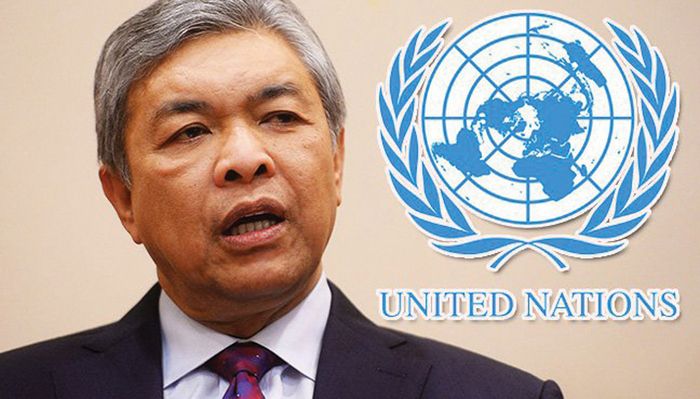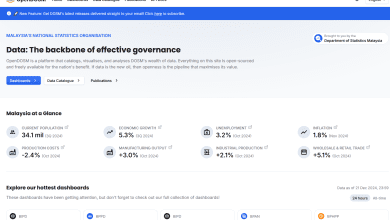

By Fathol Zaman Bukhari
I woke up early on Monday morning, October 10 to watch the much-anticipated second debate between Republican presidential nominee Donald Trump and the Democrat candidate, Hillary Clinton. The debate between the two, who are vying for the most powerful job in the world, was telecasted live via major television networks. I was hooked on to CNN (Cable News Network) for this is the best satellite channel to watch the verbal battle between two bitter rivals – one a man and the other a woman. The event was held in St Louis, Missouri on the banks of the Mississippi River.
Should Hillary Clinton win the 58th quadrennial U.S. presidential election on Tuesday, November 8, she will become the 45th and first-ever female president of the United States of America. And if Donald Trump triumphs, the one-time reality TV star and businessman will be the first non-politician to occupy the White House.
Most are aware of the result. Donald, dogged by allegations of “debasing women” via a video footage made 11 years ago, is adamant to continue with the fight although the odds are stacked against him. He has vowed to make the remaining days leading to the November 8 election “a living hell” for Hillary. Donald will harp on Bill Clinton’s sexual misconduct and the former president’s trysts with women.
You may ask why my sudden interest in an event unfolding the other side of the globe when our 14th General Election is just around the corner? Well, it has much to do with the English language, a language we have come to accept as the universal mode of communication between individuals and groups. A language that is considered the lingua franca of the world. A language commonly used by world leaders. And when one is on the world stage, speaking in a language other than English, he or she will be perceived as an egoistic nationalist or, perhaps, someone whose literary competency is suspect.
I allude to Deputy Prime Minister, Datuk Seri Zahid Hamidi’s speech at the 71st session of the United Nations General Assembly on September 25. His less-than-eloquent delivery of his written speech in the English Language has been widely criticised by Malaysians. The social media was inundated with comments, some harsh and some subtle. But all pointed to one glaring deficiency – Zahid’s poor command of the language.
His mispronunciation of certain words and accent surprised many. These bloopers are symptomatic of a much larger problem – the state of our education system. A system that has been continuously plagued by poor handling by those entrusted with educating our children.
The British had left a workable system which was the envy in the developing world. But when some smart alecks decided to change the medium of instruction from English to Bahasa Malaysia, to better reflect our independence, the trouble began. I was fortunate to have been groomed under the old system and thus could still write and talk with a certain measure of confidence and efficiency. But the same is not with those who came after me.
Zahid, unfortunately, was a by-product of this change. He was, as claimed, schooled in a religious school in Ipoh and then at a national school in Klang.
“These schools are not in the same league as St John’s Institution, St Xavier’s Institution, Penang Free School or the Royal Military College,” wrote Wong Chun Wai of the Star. “Despite his experience as an orator he seemed somewhat uncomfortable handling some terminologies and the pronunciation of words he doesn’t use on a regular basis,” added Wong. What an excuse!
The servility of mainstream media is nothing new but is expected. After all, the Deputy Prime Minister is also the serving Home Minister. His ministry keeps a tight rein on dailies, magazines, periodicals and publishing houses.
Notwithstanding that, being the Prime Minister-in-waiting it is only proper that Zahid makes an effort, however feeble, to brush up his spoken English. Practice, they say, makes perfect.


